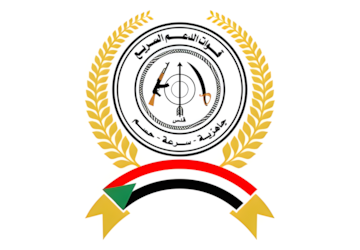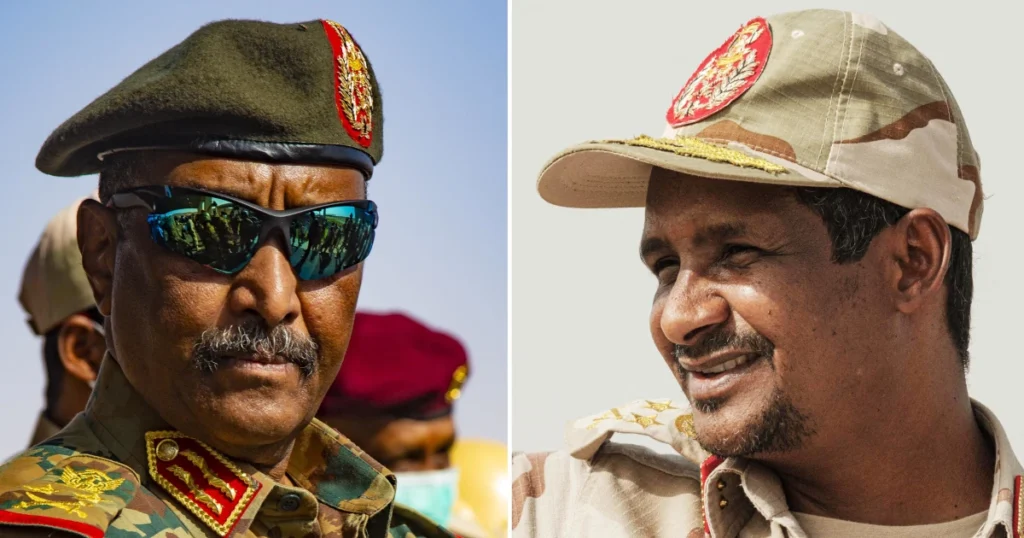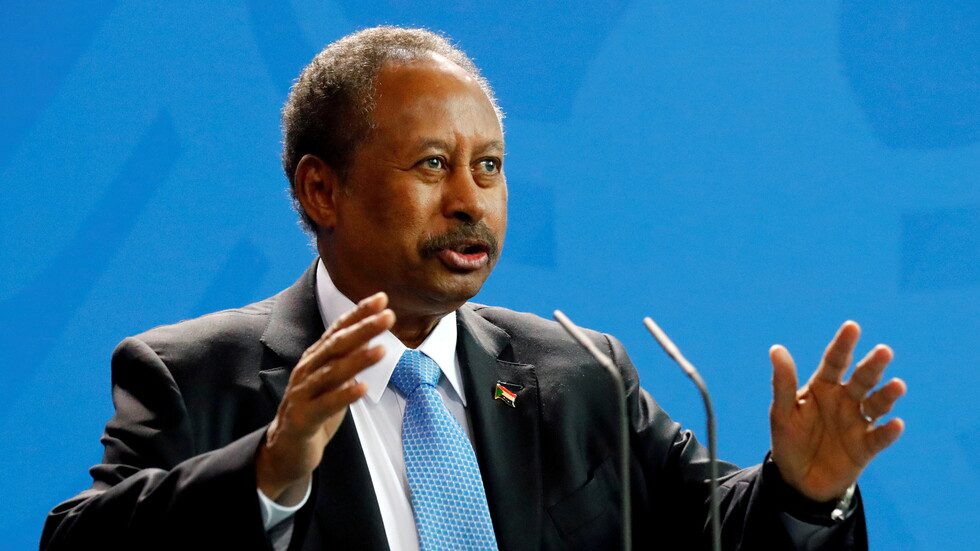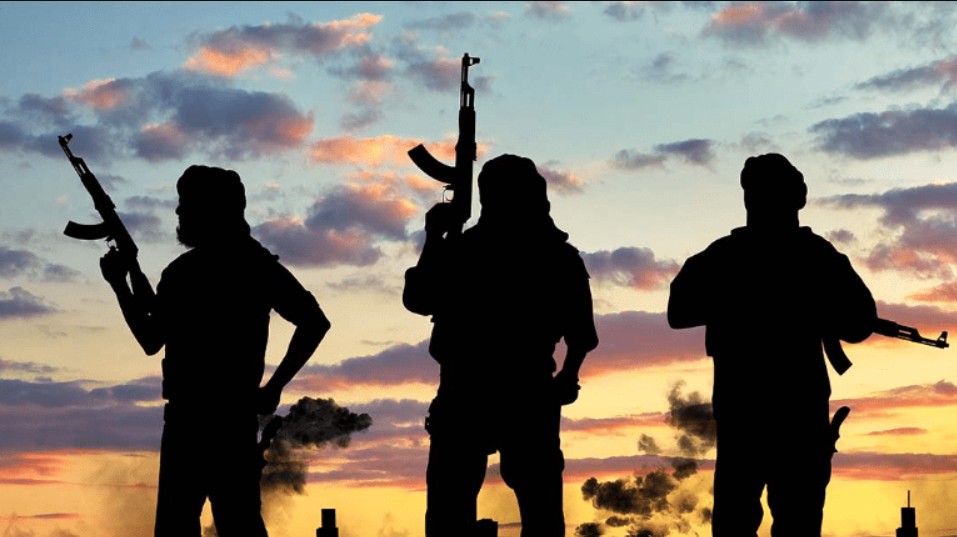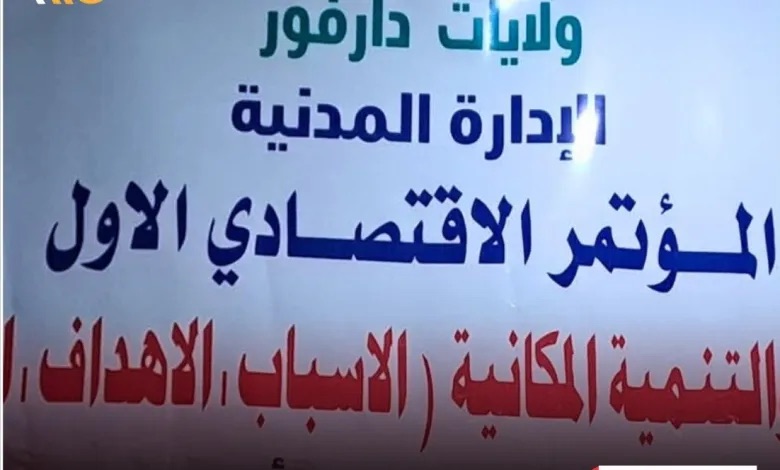
The first economic conference in Nyala concluded Tuesday with recommendations to revive trade protocols and agreements with neighboring countries, expand free trade and border commerce, and halt random tax collection in the region.
The conference urged the removal of illegal toll gates, an end to all tax exemptions, and measures to prevent the abuse of authority. It also called for the creation of alternative markets to boost local product sales and stronger oversight of revenue collection by customs and tax authorities.
Youssef Idris Youssef, head of the Civil Administration in South Darfur, said the recommendations aimed to address challenges such as tax evasion, double taxation, and illegal collections at state borders. He stressed the need for a unified Civil Administration Law to manage the distribution of national resources among different areas of control.
The conference also recommended the rehabilitation of roads and bridges, a unified revenue database, increased tax awareness, and support for the Nyala Regional Serum and Vaccine Laboratory. Veterinary quarantine facilities for livestock exports were also highlighted as a priority.
Youssef called on traders to return to Darfur, describing the security situation as stable. He said the government in RSF-controlled areas would implement the conference’s recommendations.
Brig. Gen. Abbshar Jibril Balayel, commander of the Rapid Support Forces’ advanced command, said the RSF was committed to supporting the conference’s outcomes. He said RSF leadership had issued clear orders for its forces to avoid tax collections and levies, describing these practices as remnants of the former regime.
A representative of the Chambers of Commerce echoed calls for an end to double taxation and proposed creating a fund to support farmers and prevent agricultural failures.
The conference, titled “The Economics of War and Spatial Development,” began May 18 at Hamdo Conference Hall. It brought together the heads of Civil Administrations from South, East, Central and West Darfur, along with commerce leaders and economic experts.

